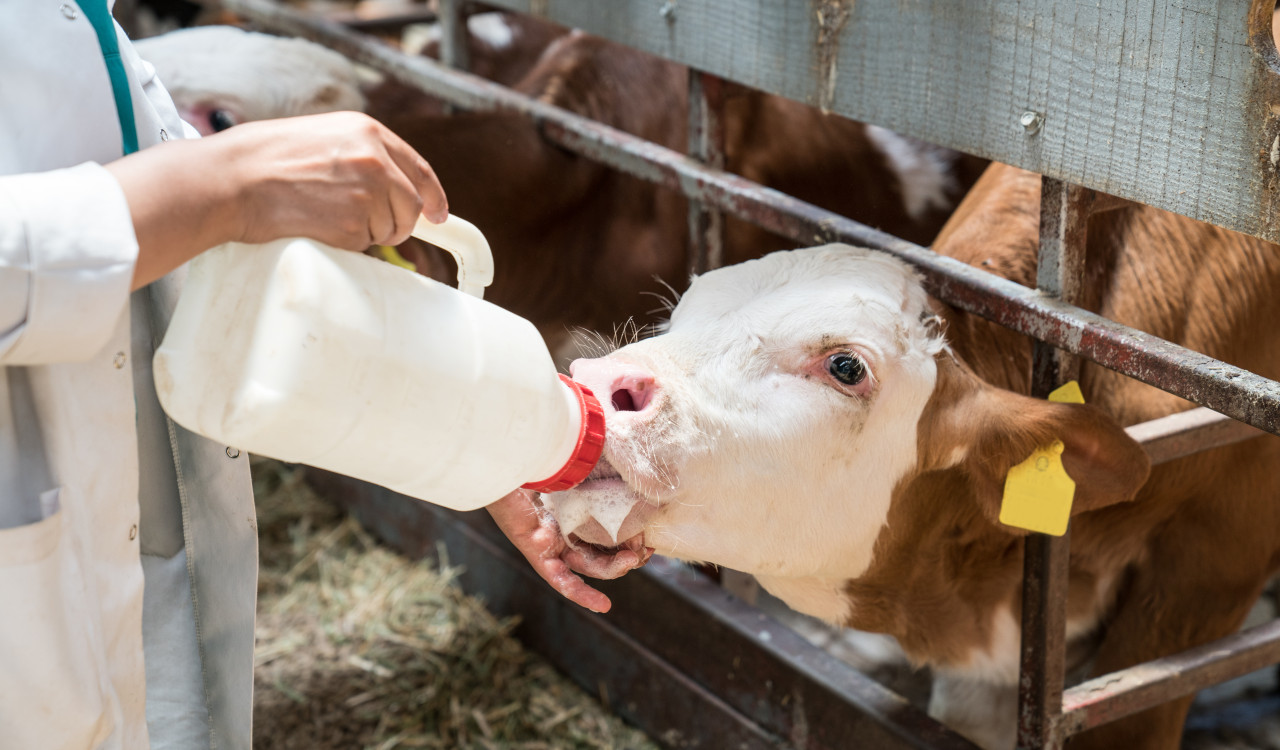This Scientific Opinion addresses a European Commission request on the welfare of calves as part of
the Farm to Fork strategy. EFSA was asked to provide a description of common husbandry systems
and related welfare consequences, as well as measures to prevent or mitigate the hazards leading to
them. In addition, recommendations on three specific issues were requested: welfare of calves reared
for white veal (space, group housing, requirements of iron and fibre); risk of limited cow–calf contact;
and animal-based measures (ABMs) to monitor on-farm welfare in slaughterhouses. The methodology
developed by EFSA to address similar requests was followed. Fifteen highly relevant welfare
consequences were identified, with respiratory disorders, inability to perform exploratory or foraging
behaviour, gastroenteric disorders and group stress being the most frequent across husbandry
systems. Recommendations to improve the welfare of calves include increasing space allowance,
keeping calves in stable groups from an early age, ensuring good colostrum management and
increasing the amounts of milk fed to dairy calves. In addition, calves should be provided with
deformable lying surfaces, water via an open surface and long-cut roughage in racks. Regarding
specific recommendations for veal systems, calves should be kept in small groups (2–7 animals) within
the first week of life, provided with ~ 20 m2/calf and fed on average 1 kg neutral detergent fibre
(NDF) per day, preferably using long-cut hay. Recommendations on cow–calf contact include keeping
the calf with the dam for a minimum of 1 day post-partum. Longer contact should progressively be
implemented, but research is needed to guide this implementation in practice. The ABMs body
condition, carcass condemnations, abomasal lesions, lung lesions, carcass colour and bursa swelling
may be collected in slaughterhouses to monitor on-farm welfare but should be complemented with
behavioural ABMs collected on farm.
